Home>Garden Essentials>How Long Do Onions Take To Germinate?
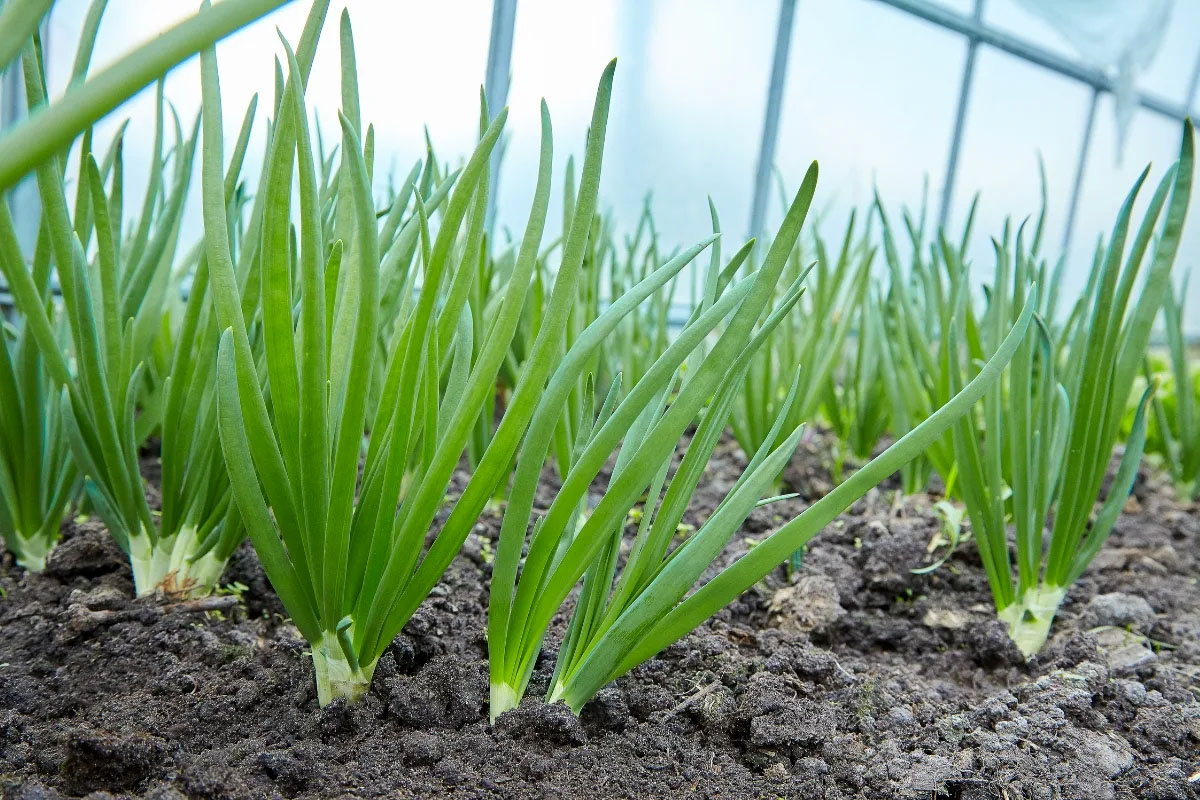

Garden Essentials
How Long Do Onions Take To Germinate?
Modified: March 15, 2024
Discover how long it takes for onions to germinate in your garden and start growing delicious homegrown produce.
(Many of the links in this article redirect to a specific reviewed product. Your purchase of these products through affiliate links helps to generate commission for Storables.com, at no extra cost. Learn more)
Introduction
Welcome to the wonderful world of gardening! If you’re a beginner gardener or someone looking to expand their gardening knowledge, you’ve come to the right place. In this article, we’ll be delving into the fascinating topic of onion germination.
Onions are a versatile and widely used vegetable in various cuisines around the world. They can be grown from seeds, sets, or transplants, but germinating onions from seeds is a rewarding and cost-effective option for most gardeners.
Understanding the germination process is crucial for successful onion cultivation. It helps you determine the right time to sow your seeds and provides insight into the factors that influence germination. So, let’s dive right in and explore how long it takes for onions to germinate!
Key Takeaways:
- Onions take 7 to 14 days to germinate, influenced by temperature and seed quality. Patience, proper moisture, and darkness are key for successful germination.
- To speed up onion germination, pre-soak seeds, provide warmth, and maintain consistent moisture. Avoid common mistakes like overwatering and planting seeds too deep.
Factors Affecting Onion Germination
Several factors play a role in the germination of onion seeds. By understanding these factors, you can create optimal conditions for successful germination. Here are the key factors to consider:
- Temperature: Onions are cool-season crops and prefer temperatures between 65°F and 85°F (18°C and 29°C) for germination. Higher temperatures can cause poor germination, while temperatures below 50°F (10°C) can inhibit germination altogether.
- Moisture: Adequate moisture is essential for seed germination. The soil should be consistently damp but not waterlogged. Ensure proper irrigation and drainage to maintain the right moisture levels for successful germination.
- Soil Quality: Onions prefer well-draining soil with a pH between 6.0 and 7.5. Prepare your soil by adding organic matter, such as compost, to improve its texture and fertility.
- Light: While onions require light for growth after germination, they don’t necessarily need light for the germination process itself. In fact, onion seeds germinate better in darkness. You can cover the planted seeds with a thin layer of soil or vermiculite to provide the required darkness.
- Seed Quality: Using high-quality onion seeds is crucial for successful germination. Choose certified seeds from reputable sources to ensure viability and minimize the risk of disease.
- Seed Depth: Onion seeds should be planted at a depth of about ¼ to ½ inch (6 to 12 mm) in the soil. Planting them too deep or too shallow can affect germination rates.
By considering these factors and making the necessary adjustments, you can greatly enhance the chances of successful onion germination. However, keep in mind that each variety may have specific requirements, so it’s always helpful to refer to the seed packet or consult with local gardening experts.
Seed Preparation for Onion Germination
Proper seed preparation is crucial for maximizing the germination success of onion seeds. Here are some important steps to follow:
- Seed Selection: Choose high-quality onion seeds from a reputable source. Look for seeds that are firm, plump, and free from any signs of damage or disease.
- Seed Treatment: Some gardeners choose to pre-treat their onion seeds to enhance germination rates. One common method is to soak the seeds in warm water for a few hours before planting. This can help soften the seed coat and promote quicker germination.
- Seed Stratification: Certain onion varieties may benefit from cold stratification, especially those that require a period of cold temperatures to break dormancy. This process involves placing the seeds in a moist environment at a temperature of around 40°F (4°C) for a few weeks before planting. It can help simulate natural winter conditions and improve germination rates.
- Seed Scarification: Scarification is another technique that can be used for onion seeds with a hard seed coat. Gently rubbing the outer shell of the seed with sandpaper or a file can help break down the tough outer layer, allowing water to penetrate and promote germination.
- Seed Storage: If you have excess onion seeds, proper storage is important to maintain their viability for future use. Store the seeds in a cool, dry, and dark place, such as an airtight container in the refrigerator. This can help preserve their freshness and increase the chances of successful germination when you’re ready to use them.
By following these seed preparation techniques, you can improve the germination rates of your onion seeds and set them up for successful growth and development. Remember to consider the specific requirements of your onion variety and adjust your seed preparation methods accordingly.
Germination Time for Onion Seeds
The germination time for onion seeds can vary depending on several factors, including the variety of onion, environmental conditions, and seed quality. On average, onion seeds can take anywhere from 7 to 14 days to germinate.
It’s important to note that germination times are not set in stone and can vary from seed to seed. Some seeds may germinate earlier, while others may take a bit longer. Temperature plays a significant role in determining germination time. Warmer temperatures between 65°F and 85°F (18°C and 29°C) tend to accelerate the germination process, while cooler temperatures can slow it down.
When sowing onion seeds, it’s helpful to keep track of the germination time to ensure timely care and attention. Marking the date of sowing on a calendar or using plant markers in your garden can help you monitor the progress of the seeds and plan subsequent activities, such as thinning or transplanting.
It’s important to provide consistent moisture during the germination period to ensure successful seed germination. Keep the soil evenly moist but avoid overwatering, as excessive moisture can lead to fungal diseases or rot. Watering the soil gently with a misting spray or using a seedling watering can can help prevent disturbing the seeds or causing soil compaction.
Be patient and give your onion seeds the time they need to germinate. Sometimes, seeds may take a little longer to sprout, especially if conditions are not ideal. Avoid the temptation to dig up or disturb the soil in search of germinating seeds. Instead, maintain the right moisture levels, provide proper care, and trust in nature’s process.
Once your onion seeds have germinated, you’ll start to see small green sprouts emerging from the soil. At this stage, it’s crucial to provide adequate light for the seedlings to grow. If you’re growing them indoors, place them near a sunny window or use artificial grow lights to ensure they receive 12-16 hours of light per day.
Remember that germination times can vary, and it’s essential to monitor the progress of your onion seeds closely. With patience, care, and the right environmental conditions, you’ll soon see your onion seeds sprout and begin their journey to becoming flavorful and nutritious onions in your garden.
Onions typically take 7-10 days to germinate when planted from seeds. Keep the soil consistently moist and provide plenty of sunlight for best results.
How to Speed up Onion Germination
If you’re eager to see your onion seeds sprout and get a head start on your gardening journey, there are a few tips and techniques you can employ to speed up the germination process:
- Pre-soak the seeds: Soaking your onion seeds in warm water for a few hours before planting can help soften the seed coat and accelerate germination. This step can be particularly beneficial for seeds with thick and hard outer shells.
- Provide optimal temperatures: Onions prefer temperatures between 65°F and 85°F (18°C and 29°C) for germination. To speed up germination, you can create a warm and controlled environment for your onion seeds. Using a seedling heat mat or placing the seeds in a warm location, such as on top of a refrigerator or near a heat source, can help maintain ideal temperatures.
- Use bottom heat: Providing bottom heat to your onion seeds can significantly speed up germination. Placing the seed tray or container on top of a heat mat or a heated propagator can create a warm and cozy environment that promotes faster germination.
- Consider scarification: As mentioned earlier, scarification involves gently rubbing the seed coat of the onion seeds with sandpaper or a file to break down the hard outer shell. This process can enhance water absorption, leading to quicker germination.
- Maintain consistent moisture: Keeping the soil consistently moist is crucial for speedy germination. Ensure that the soil doesn’t dry out by regularly misting it with water or using a spray bottle. Be cautious not to overwater, as soggy soil can hinder germination.
- Provide darkness: While onions prefer light for growth after sprouting, they actually germinate better in darkness. Covering the planted seeds with a thin layer of soil or using a blackout cloth can create the necessary darkness to speed up germination.
Remember to monitor the seeds closely throughout the germination process, despite employing these methods to speed it up. Each seed is unique and may require different conditions and timeframes to sprout. By providing the optimal environment and care, you can enhance the chances of speedy germination for your onion seeds.
It’s important to note that while these techniques can expedite the germination process, it’s crucial to maintain the appropriate environmental conditions and not rush the seedlings’ growth. Providing proper care and gradual acclimatization after germination will ensure strong and healthy onion plants ready for transplanting or continued growth in your garden.
Read more: How Long Does Green Onion Germination Take?
Common Mistakes in Onion Germination
When it comes to onion germination, even experienced gardeners can make mistakes. Understanding and avoiding these common pitfalls can greatly improve your chances of successful germination. Here are some common mistakes to watch out for:
- Planting seeds too deep: Onion seeds should be planted at a depth of about ¼ to ½ inch (6 to 12 mm) in the soil. Planting them too deep can delay germination or, in some cases, prevent it from happening altogether.
- Overwatering: While adequate moisture is crucial for germination, overwatering can lead to waterlogged soil and suffocate the seeds. It’s important to maintain a balance by keeping the soil moist but not saturated. Avoid heavy watering or allowing water to pool around the seeds.
- Using poor-quality seeds: Using low-quality or old onion seeds can greatly reduce germination rates. Always choose certified seeds from reputable sources to ensure viability and increase your chances of successful germination.
- Incorrect temperature: Onions are cool-season crops, but they still require specific temperature conditions for optimal germination. Planting them in temperatures below 50°F (10°C) or above 85°F (29°C) can hinder germination. Maintain the recommended temperature range of 65°F to 85°F (18°C to 29°C) for best results.
- Insufficient light: While onion seeds don’t require light during the germination process, they need adequate light after sprouting to grow into healthy seedlings. Insufficient light can lead to weak and spindly plants. Ensure that your seedlings receive 12-16 hours of light per day once they have germinated.
- Not thinning seedlings: Overcrowding can impede the growth of onion seedlings. It’s important to thin out the weaker seedlings, leaving only the strongest ones to grow. This gives the remaining seedlings ample space and resources to develop into robust plants.
- Ignoring soil quality: Onions prefer well-draining soil with a pH between 6.0 and 7.5. Neglecting soil quality by not properly preparing the soil with organic matter can hinder germination and overall plant health. Take the time to improve soil texture and fertility before planting.
- Skipping seed preparation: Proper seed preparation techniques, such as pre-soaking, scarification, or cold stratification, can greatly enhance germination rates. Skipping these steps may result in slower or lower germination success.
By being aware of these common mistakes and taking the necessary precautions, you can avoid potential pitfalls and set yourself up for a successful onion germination process. Carefully follow the recommended guidelines, provide the optimal conditions, and give your onion seeds the best possible start for healthy growth and bountiful harvests.
Conclusion
Congratulations! You’ve learned all about the fascinating process of onion germination. By understanding the factors that affect germination, properly preparing the seeds, and providing the ideal conditions, you can significantly increase your chances of successful germination and healthy onion plants.
Remember, temperature, moisture, soil quality, and seed selection are key factors that influence onion germination. By ensuring the right temperature range, maintaining consistent moisture levels, using well-draining soil, and selecting high-quality seeds, you set the stage for success.
Seed preparation techniques, such as pre-soaking, scarification, and cold stratification, can also contribute to faster and more efficient germination. These methods help break down seed coat barriers and create optimal conditions for seedling development.
Avoid common mistakes such as planting seeds too deep, overwatering, using poor-quality seeds, or neglecting soil quality. Pay attention to the specific requirements of onion seeds and adjust your approach accordingly to improve germination rates.
Throughout the germination process, be patient, observe, and adjust as needed. Each onion seed is unique and may germinate at its own pace. By providing the right care, monitoring moisture levels, and ensuring adequate light, you’ll nurture your onion seedlings into healthy and strong plants ready for transplanting or continued growth.
Now armed with this knowledge, you’re ready to embark on your onion-growing adventure. Enjoy the journey of nurturing your onion seeds, watching them sprout, and eventually harvesting delicious homegrown onions for your culinary creations!
Frequently Asked Questions about How Long Do Onions Take To Germinate?
Was this page helpful?
At Storables.com, we guarantee accurate and reliable information. Our content, validated by Expert Board Contributors, is crafted following stringent Editorial Policies. We're committed to providing you with well-researched, expert-backed insights for all your informational needs.
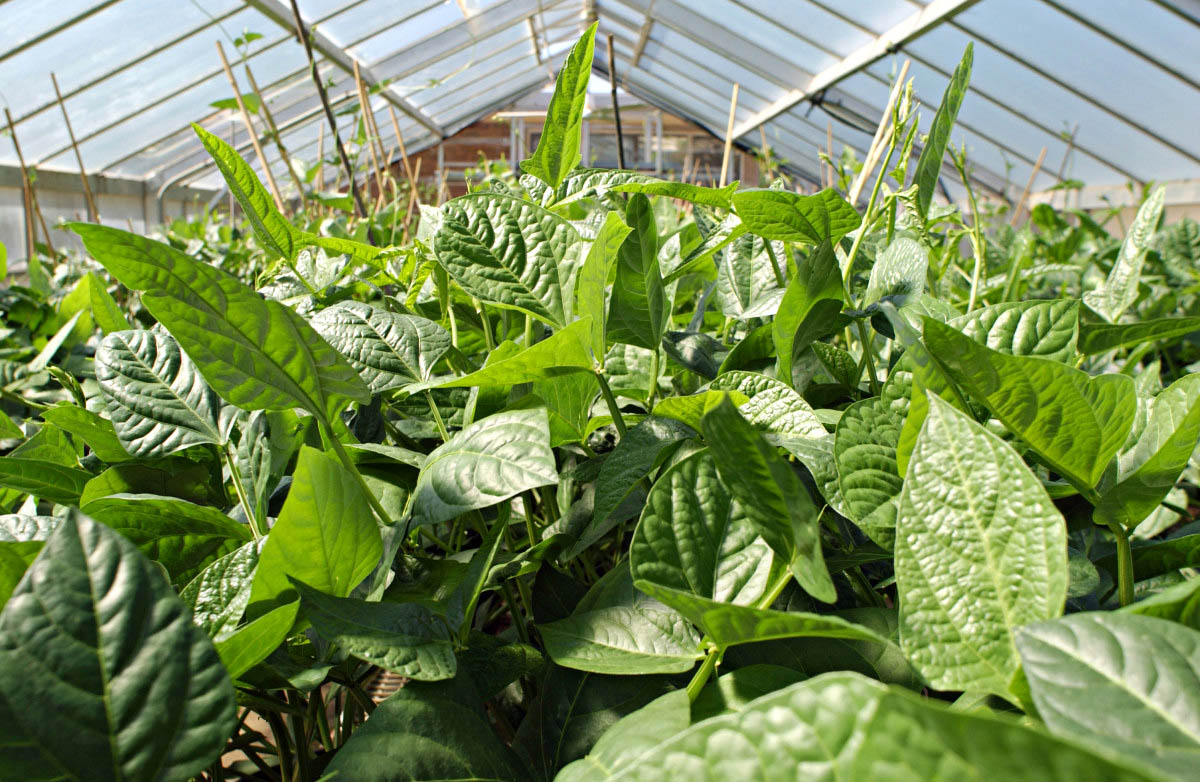
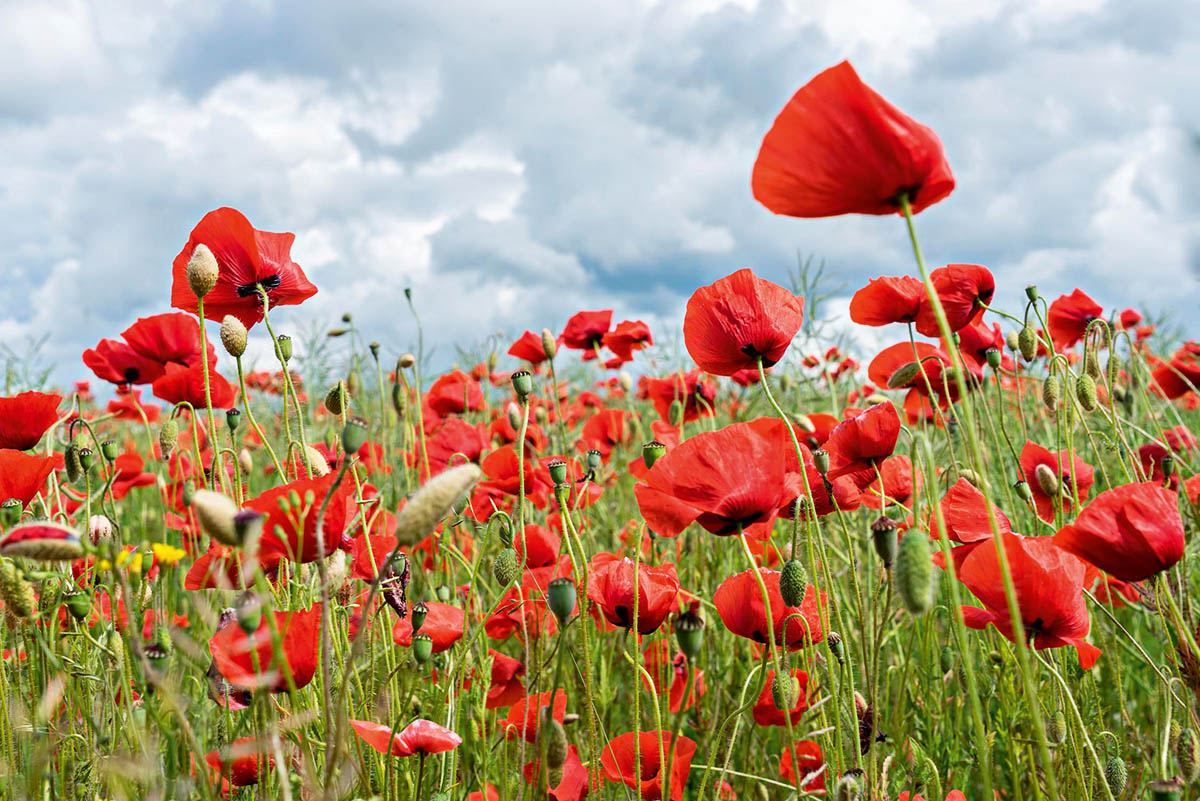
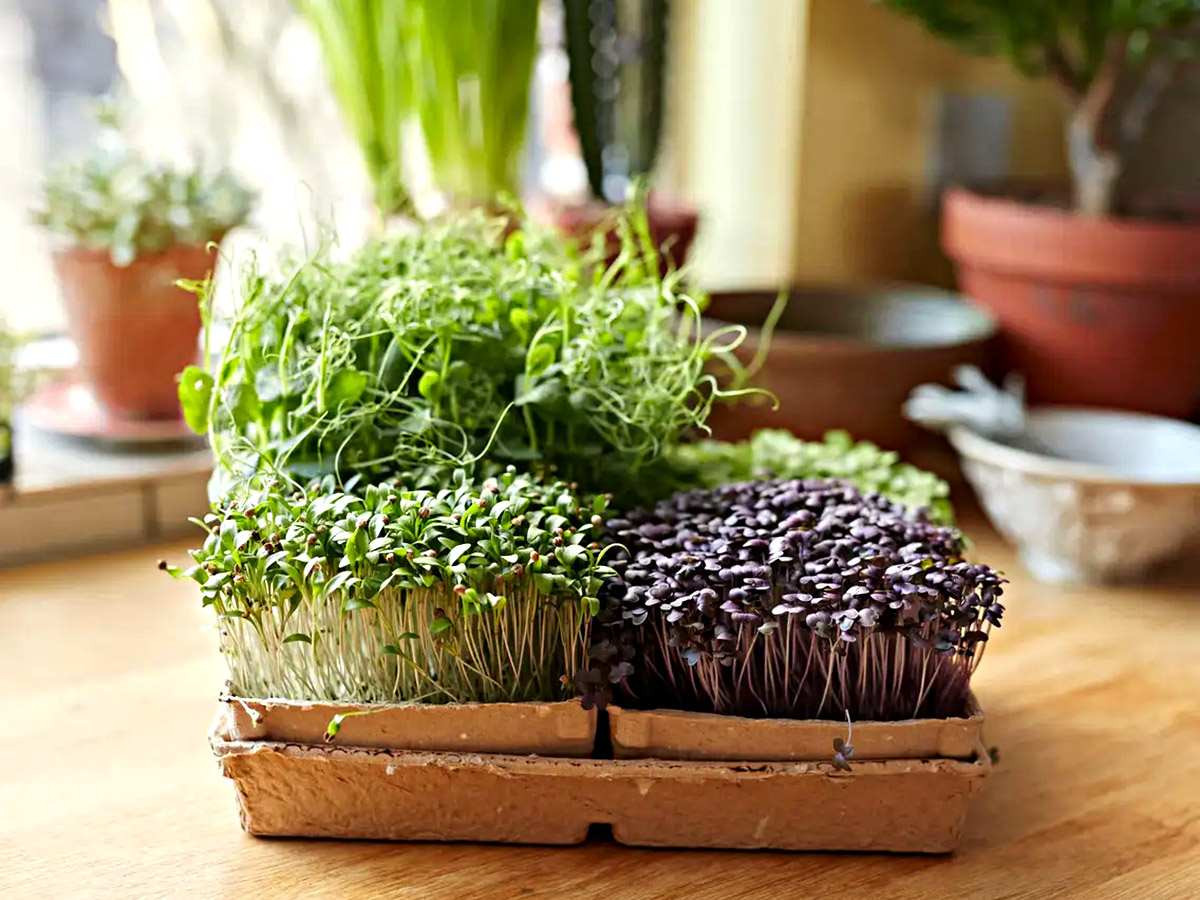
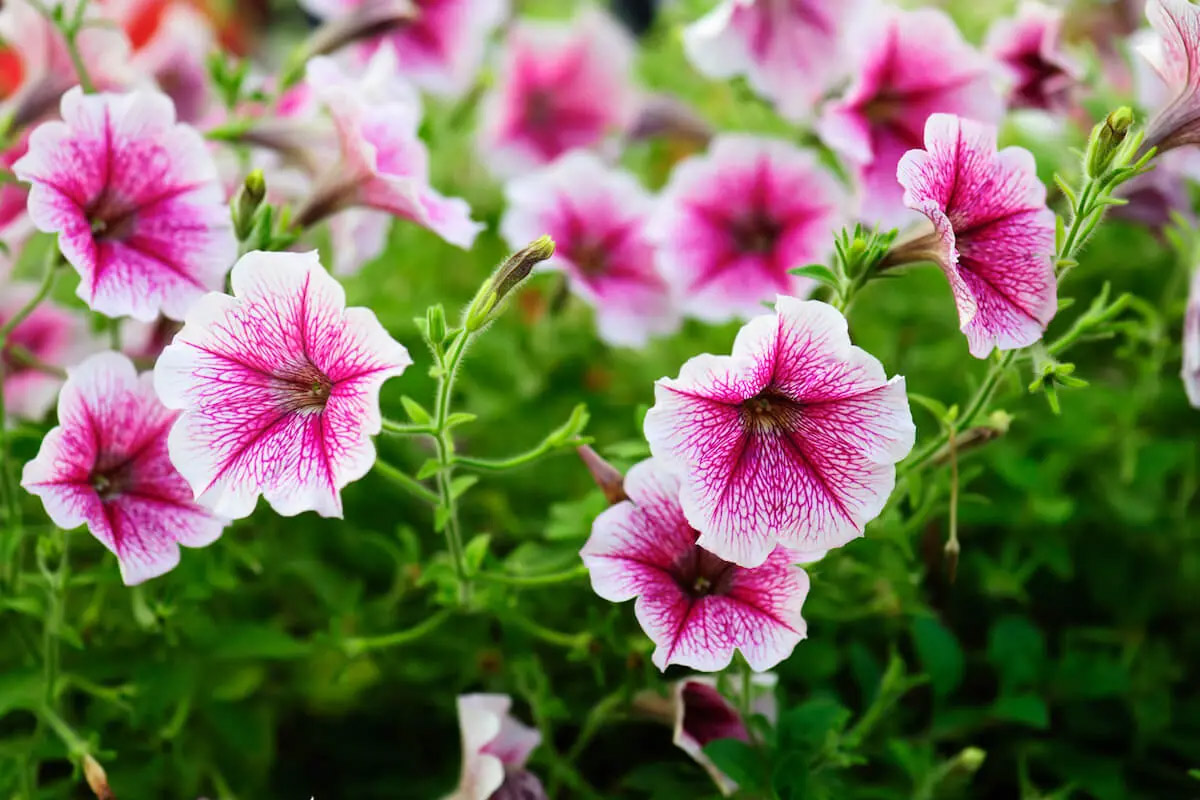
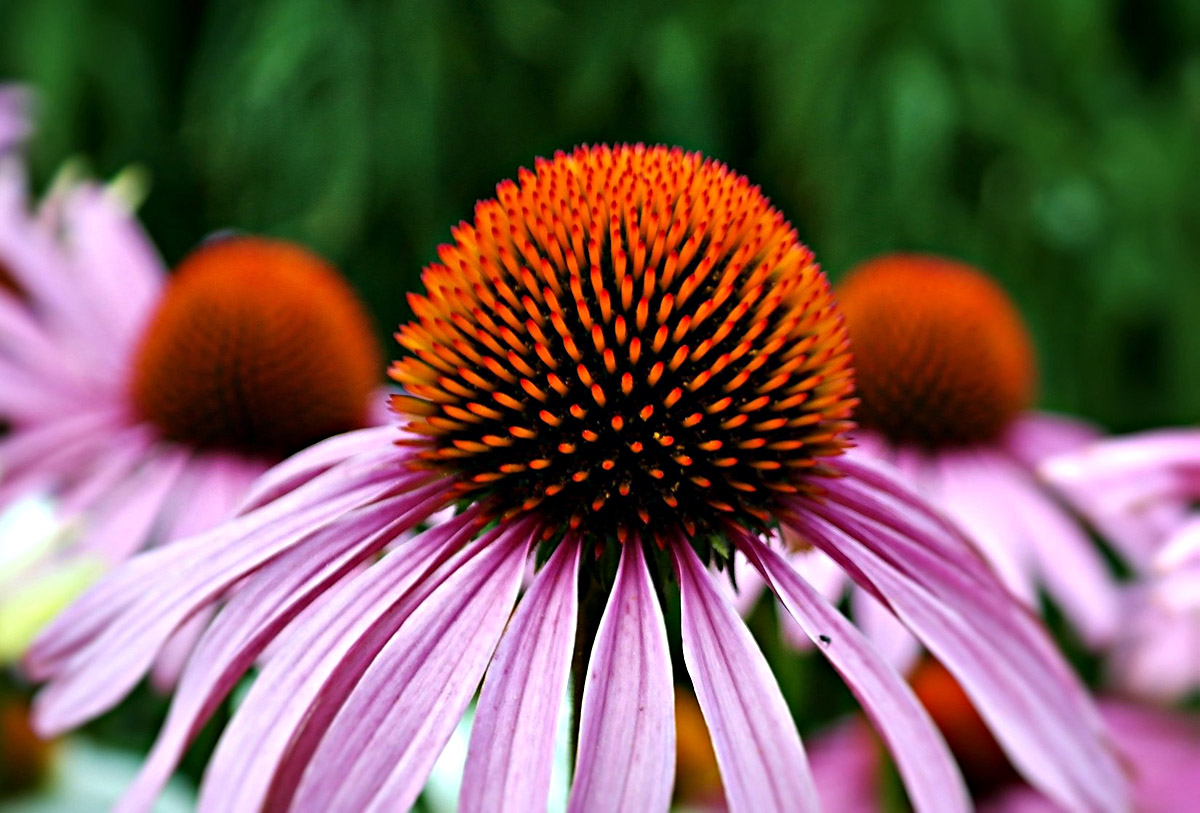
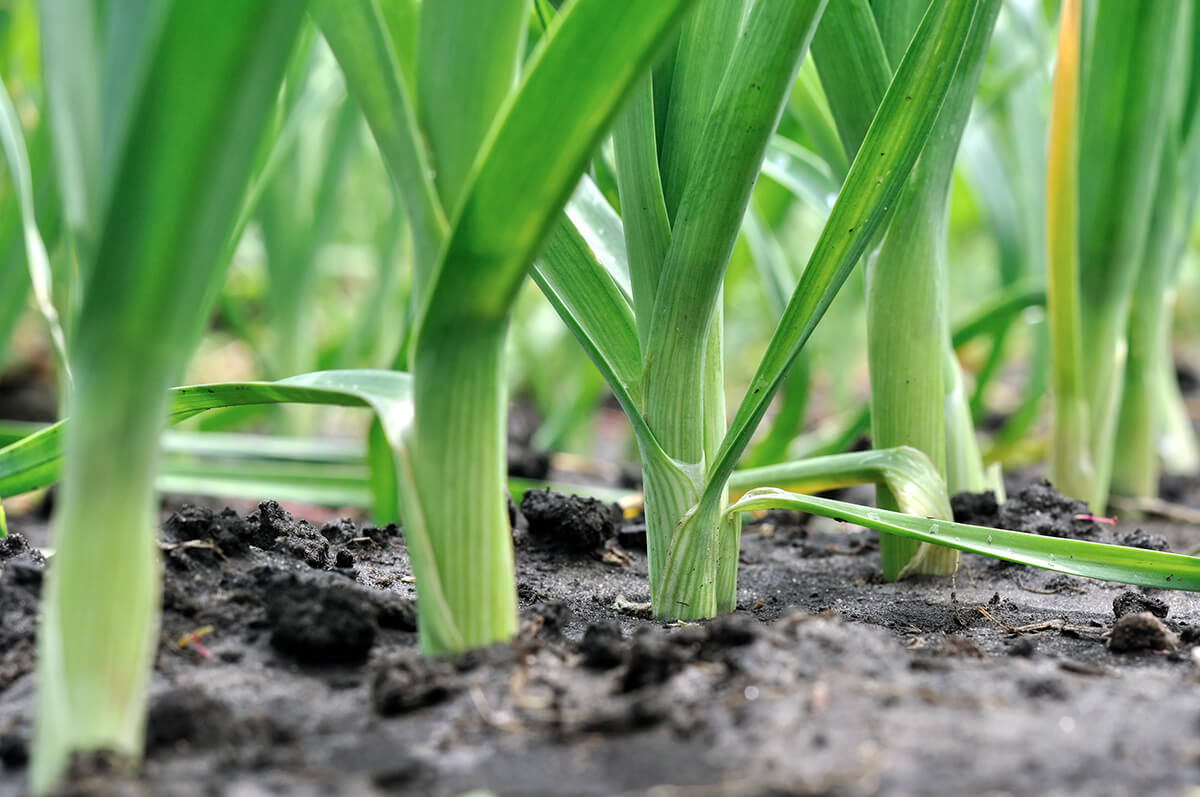
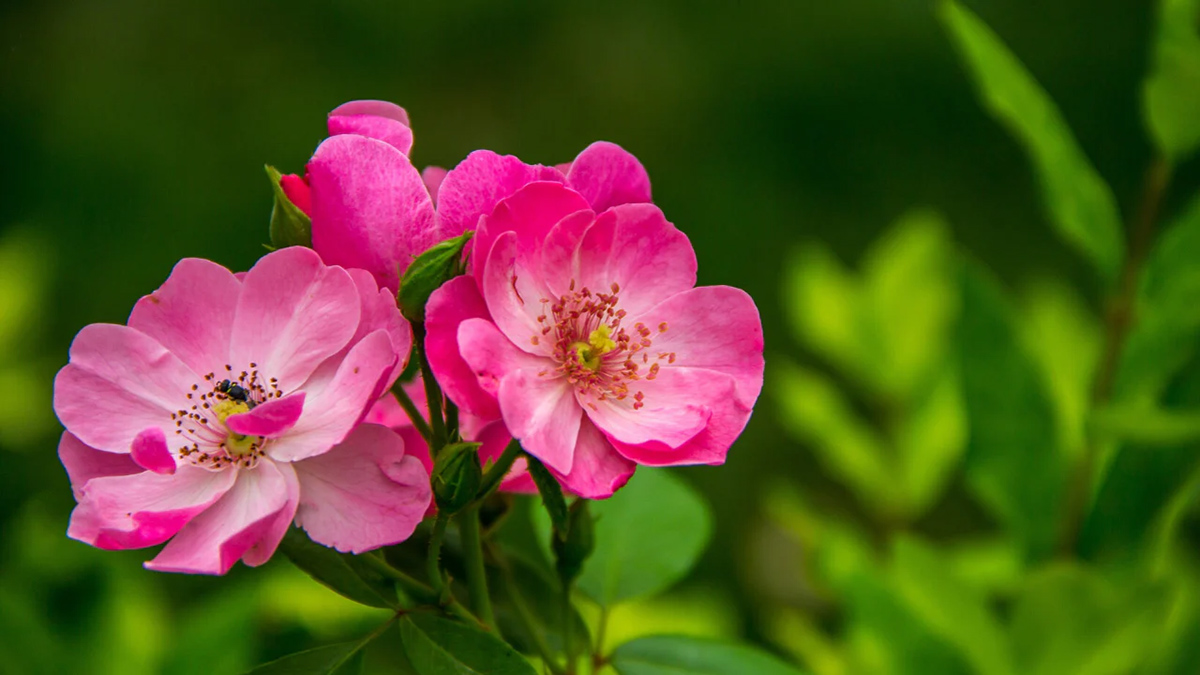
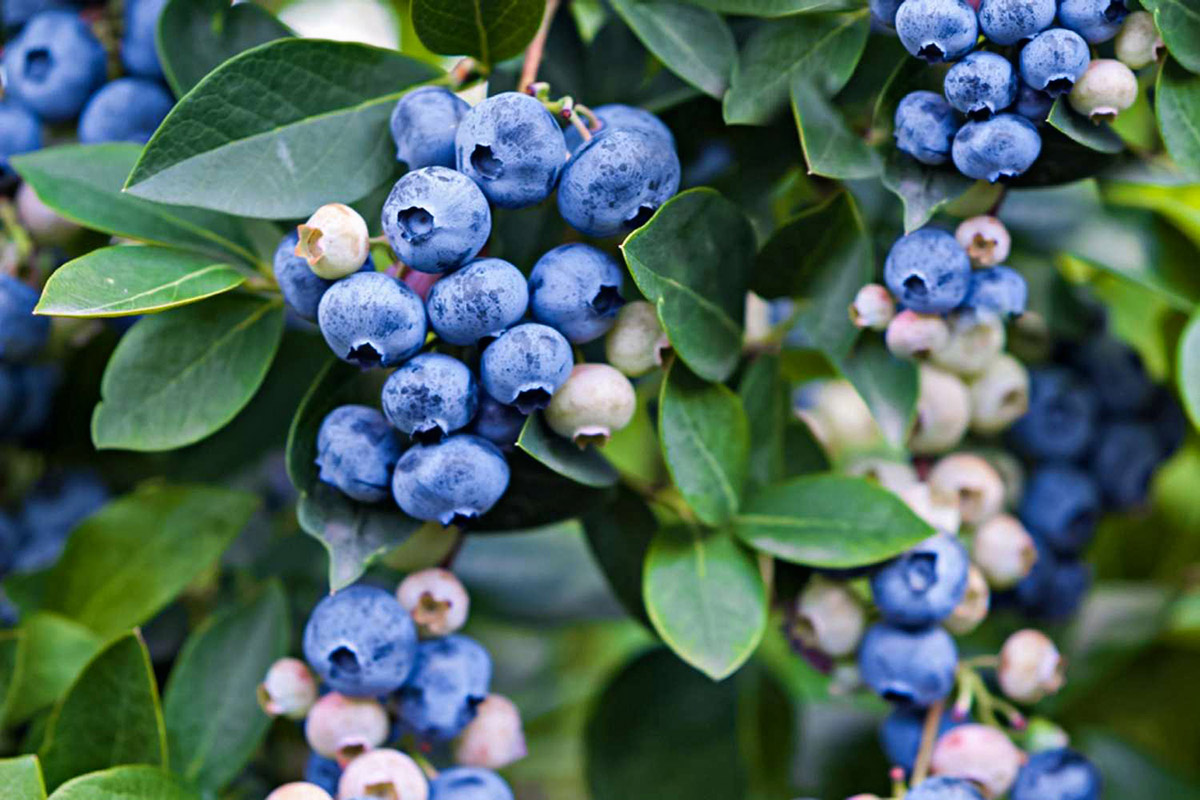
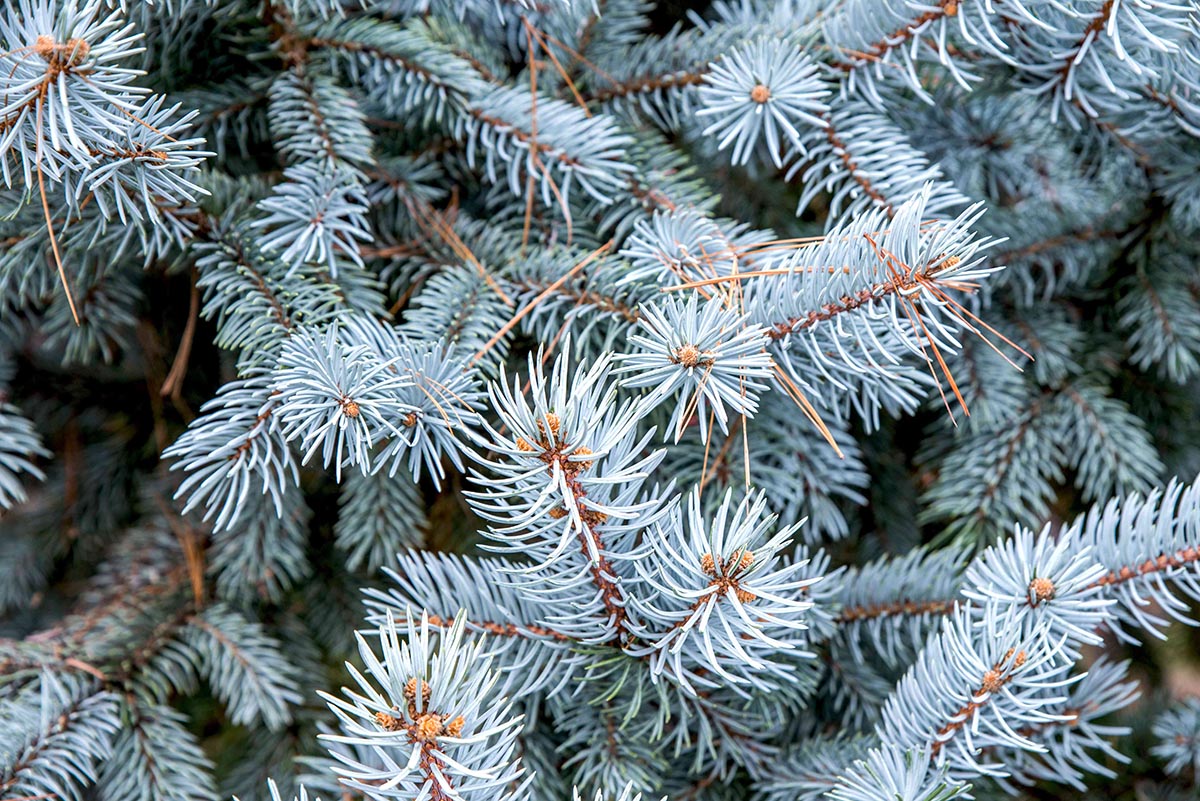
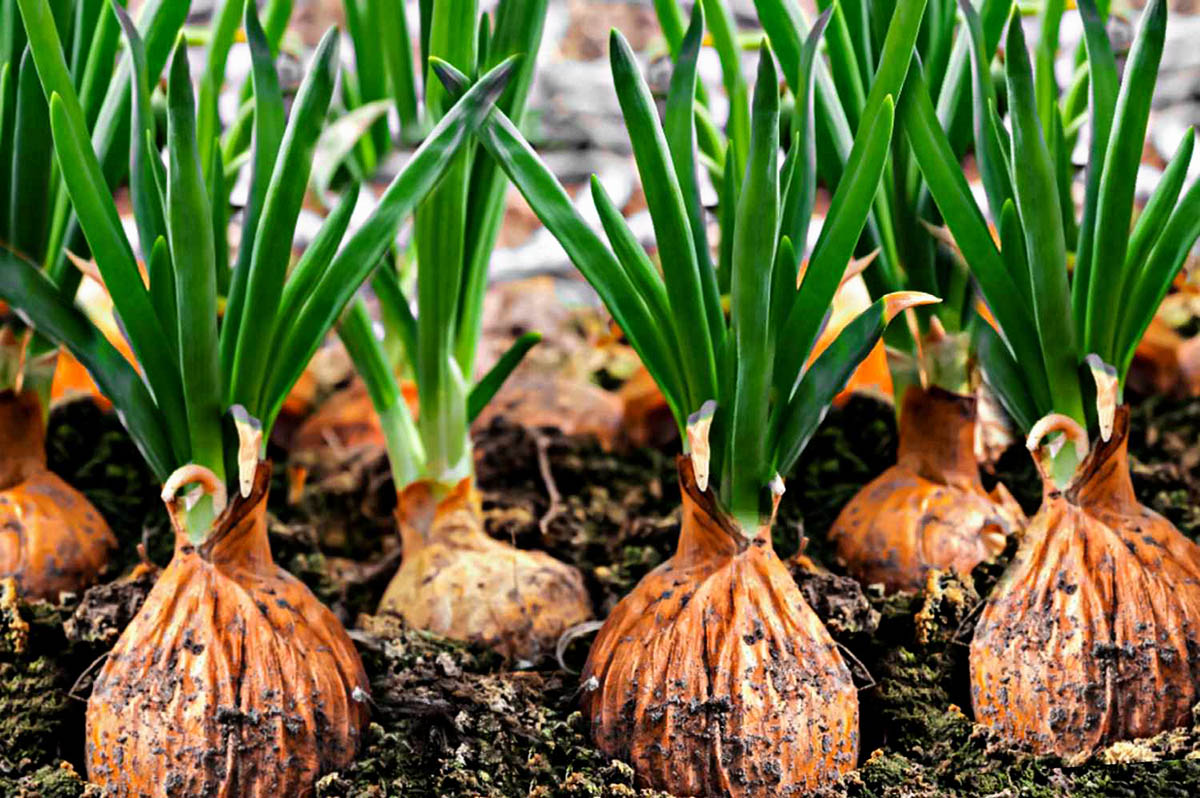
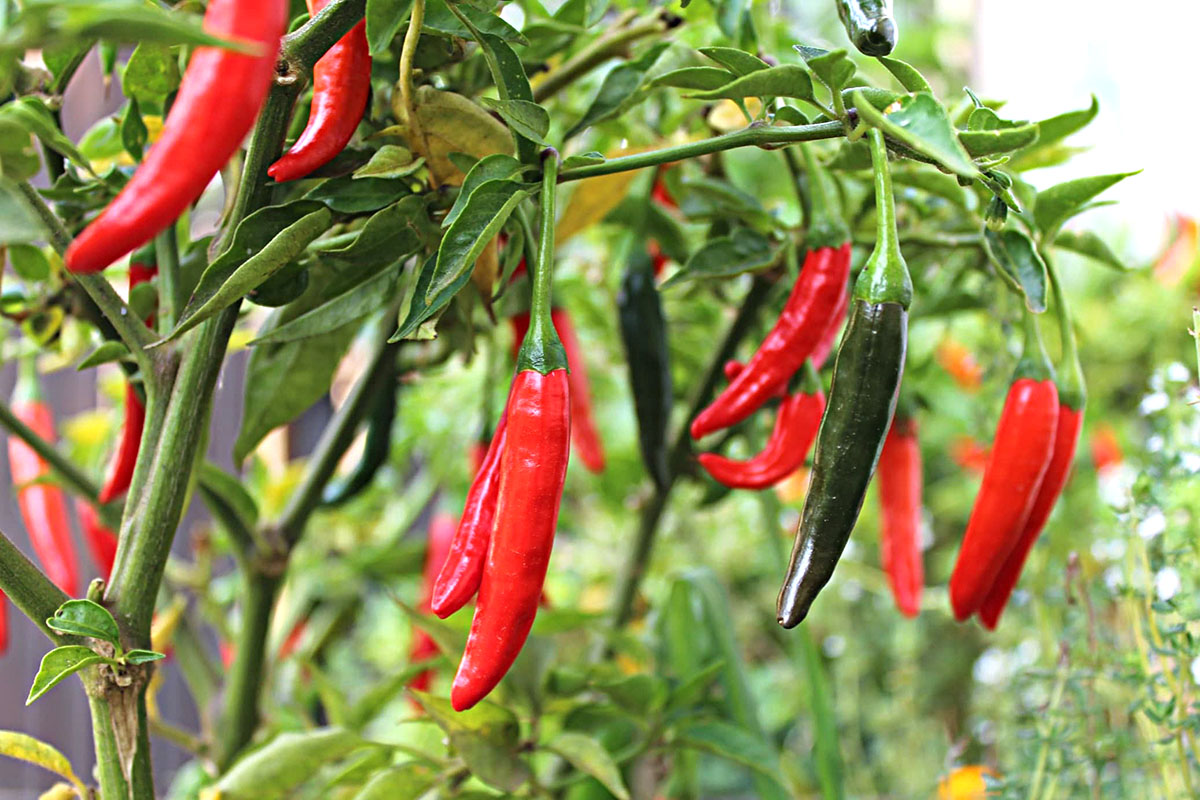
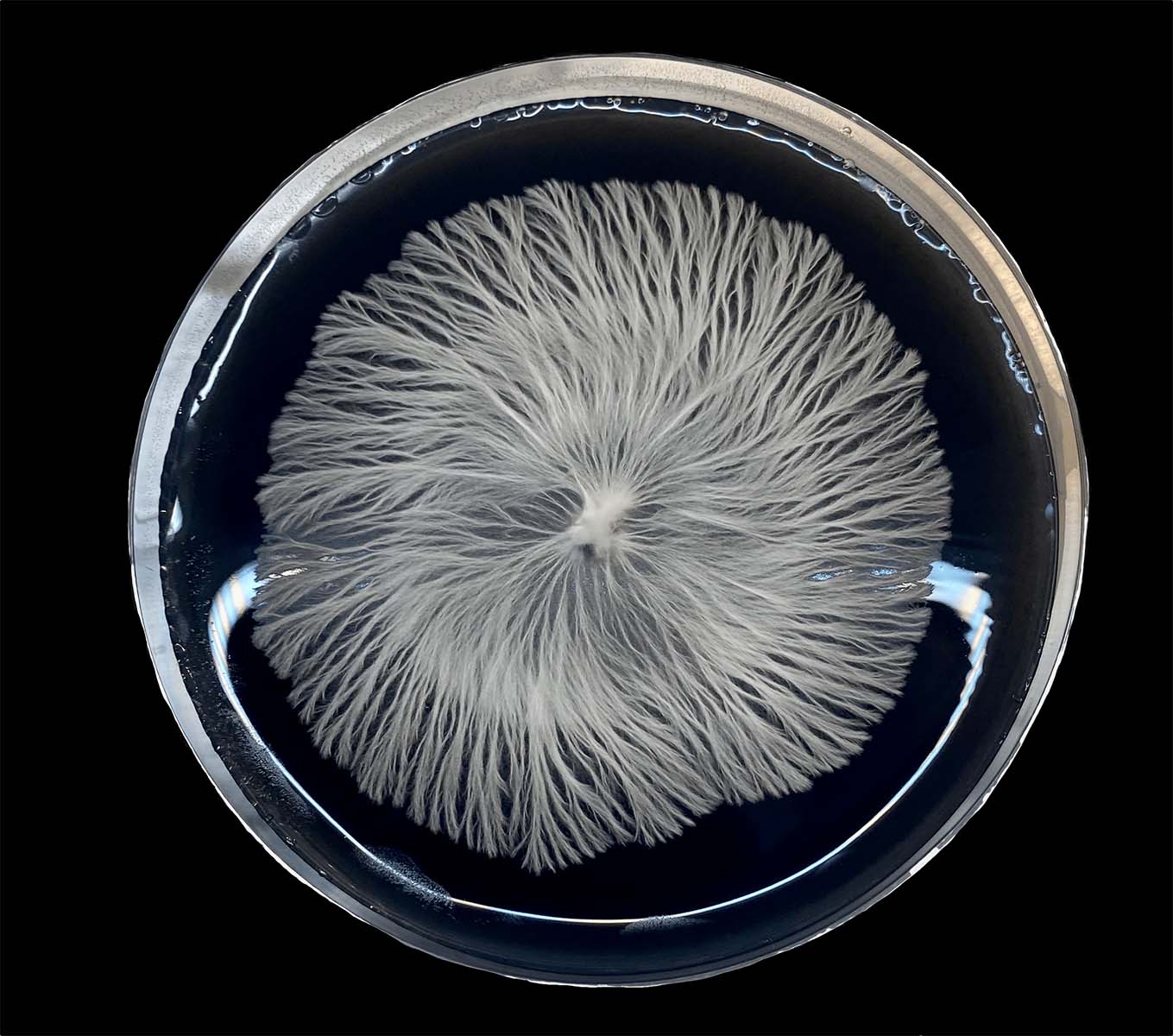
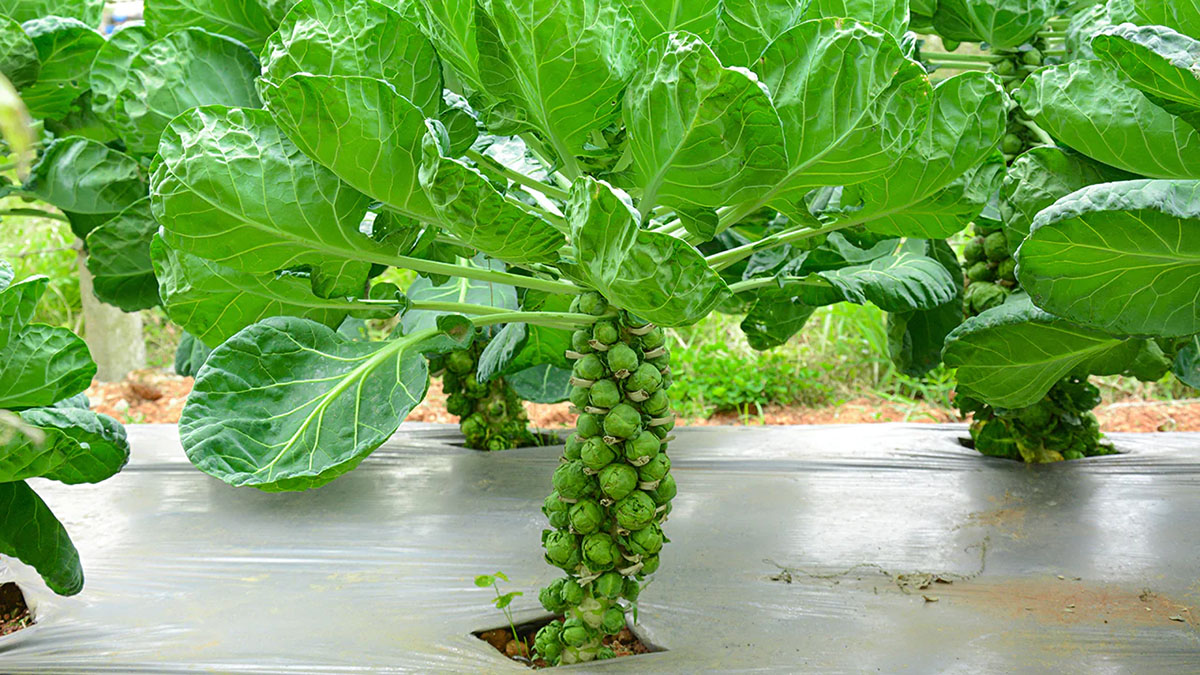
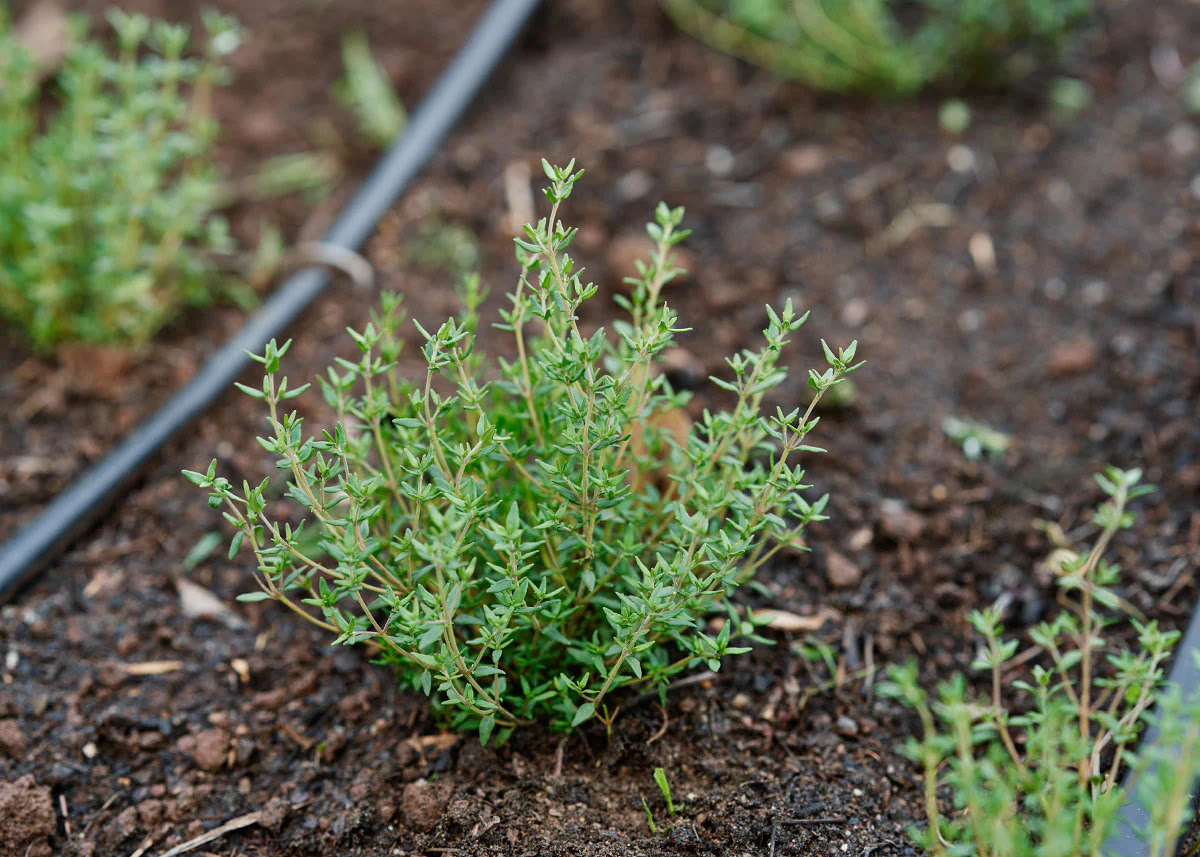

0 thoughts on “How Long Do Onions Take To Germinate?”